Deerfield, IL — The 2020–21 recipients of the John Stott Award for Pastoral Engagement are Steve Froehlich, Thiago Guerra, Daniel Houck, Matt O’Reilly, Joey Sherrard, and Brad Swope. This year, the Creation Project is focusing upon the goodness of creation, and these churches will be engaging the topic in ways that attend to the intersection of theology and science in the church.
Uniting the Natural and Moral Order
While the goodness of the created order is an important theoretical question at the intersection of theology and science, raising questions about the relationship between the natural and moral orders, it is also deeply pastoral. This year’s pastors demonstrated this in their proposals, carefully attending to the topic of goodness through focus on things like sanctification, a theology of work, and the Coronavirus pandemic. Indeed, today’s Christians cannot walk long in the faith before encountering questions concerning the goodness of creation.
John Stott believed that Christians should pay more attention to the natural world than they currently do, so much so that he wrote The Birds Our Teachers: Essays in Orni-Theology. He says in his introduction:
Scripture bids us go beyond birds and include in our interest everything God has made: “Great are the works of the Lord, studied by all who delight in them” (Psalm 111:2 NRSV). Since “works of the Lord” refer to his works of both creation and redemption, it seems to me that nature study and Bible study should go together. Many Christians have a good doctrine of redemption, but need a better doctrine of creation. We ought to pursue at least one aspect of natural history.
Stott believed in the goodness of creation, and this led him to the conviction that the natural world can teach us about its Creator. But what does it mean to call creation and the created order good?While the goodness of the created order is an important theoretical question at the intersection of theology and science, it is also deeply pastoral. Can the moral claim of goodness say anything about the natural order? Might it challenge the seemingly artificial dichotomy that our age has set up between the “natural” and “moral” order? And, if so, what alternative might we find for re-uniting these currently divided “orders”? These and other questions present an urgent challenge to the church, and the challenge is not only theoretical, but also concrete and pastoral. And now, as always, it is pastors who are laboring to instruct their congregations to walk in the way of the Lord, including what Scripture teaches about God’s good world.
The Stott Award for Pastoral Engagement is the Creation Project’s primary program that happens within congregations. In addition to advancing theological understanding through teaching, lectures, and preaching, the Stott Award also fosters interdisciplinary dialogue and interaction on topics at the intersection of modern science and Christian theology. We are pleased to announce the recipients of this year’s Stott Award.
2020–21 Recipients
The Award is given to six pastors and congregations each year, and the Award recipients are determined on a competitive basis. This year’s recipients include a range of denominations and they come from across the United States and beyond.
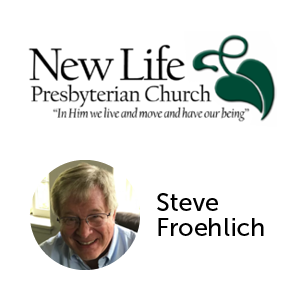 |
Steve Froehlich is the Senior Pastor of New Life Presbyterian Church in Ithaca, New York, where he has served since 1998. He holds a DMin from Gordon-Conwell Theological Seminary. |
 |
Trinity Church is located in São José dos Campos, Brasil. Thiago Guerra, one of the church’s founding members, is now its Preaching Pastor. He holds graduate degrees in theology from Martin Bucer Seminary and The Andrew Jumper Presbyterian Graduate Center. |
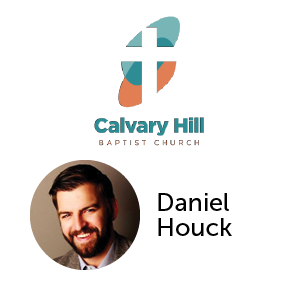 |
Calvary Hill Baptist Church is located in Fairfax, Virginia. Daniel Houck has been the Senior Pastor since 2018, and he holds a PhD in systematic theology from Southern Methodist University. |
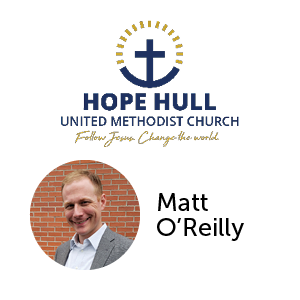 |
Hope Hull United Methodist Church is located in Hope Hull, Alabama. Matt O’Reilly has been the Pastor for two years. He holds a PhD in New Testament from the University of Gloucestershire. |
 |
Joey Sherrard is the Associate Pastor of Discipleship at Signal Mountain Presbyterian Church in Signal Mountain, Tennessee. He holds a PhD in systematic theology from the University of St. Andrews. |
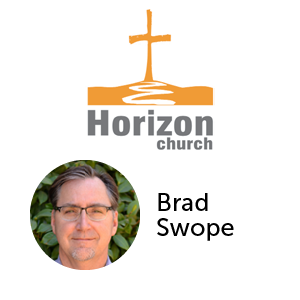 |
Brad Swope is the Founding and Senior Pastor of Horizon Church in Roseville, California, a church planted in 1999. He holds a DMin from Talbot School of Theology. |
#####
The Creation Project spans three years—each covering a distinct theme and set of issues—and five programs, directed toward academic and ecclesial engagement with the doctrine of creation in all of its historical, theological, and scientific complexity. The project’s academic engagement is committed to making progress in understanding about where the conflict between the current state of scientific inquiry and classic theological positions is real and where it is illusory. The ecclesially oriented programs aim to revive the importance and breadth of the doctrine of creation beyond the narrow set of questions to which it has too often been reduced, to promote biblical fidelity and thoughtful interpretation, and to demonstrate a form of Christian intellectual hospitality that approaches the difficult questions of our age with a posture of humility and in pursuit of greater understanding.
The Stott Award is one of the Creation Project’s three major programs, and the one most directly related to pastors and congregations. Through the provision of financial resources and year-long institutional support, the Stott Award supports pastoral and congregational engagement with the doctrine of creation in conversation with modern scientific understanding. If you wish to learn more about the award, visit the Stott Award webpage, or contact us at [email protected].
The Carl F. H. Henry Center for Theological Understanding is dedicated to the advancement of Christian wisdom in all areas of life and thought for the glory of God, the good of his church, and the welfare of the world. As an outreach ministry of Trinity Evangelical Divinity School in Deerfield, Illinois, the Center embodies the vision of Carl F. H. Henry (1913-2003), a long-time faculty member at Trinity, which promotes the need for evangelical collaboration and commitment to God’s Word, where scholars with expertise in the relevant areas can work together to engage the pressing challenges of the day.
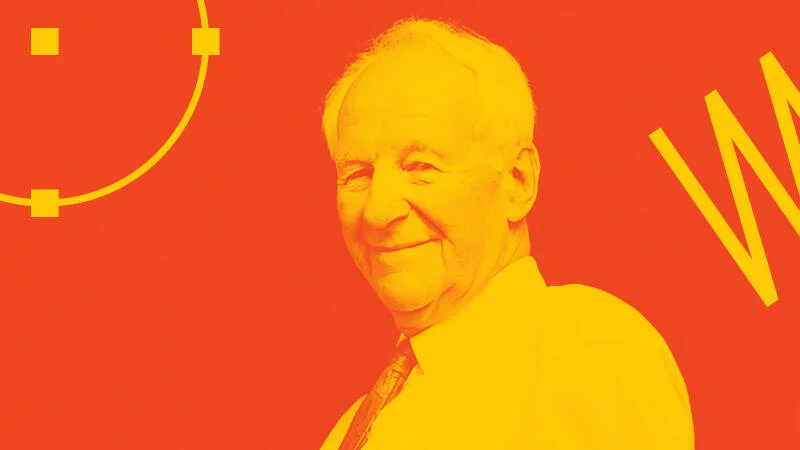
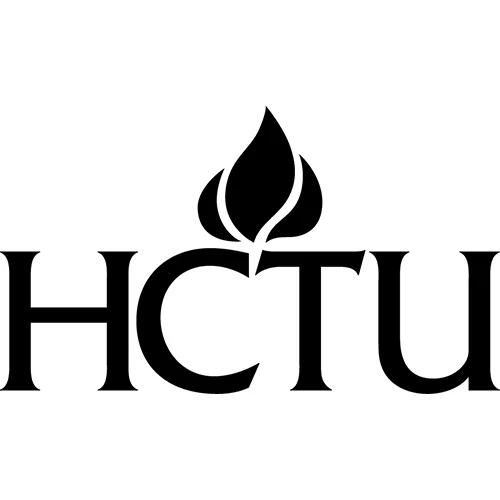

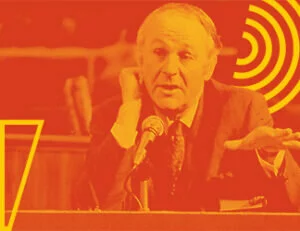
Comments
Be the first one to make a comment!